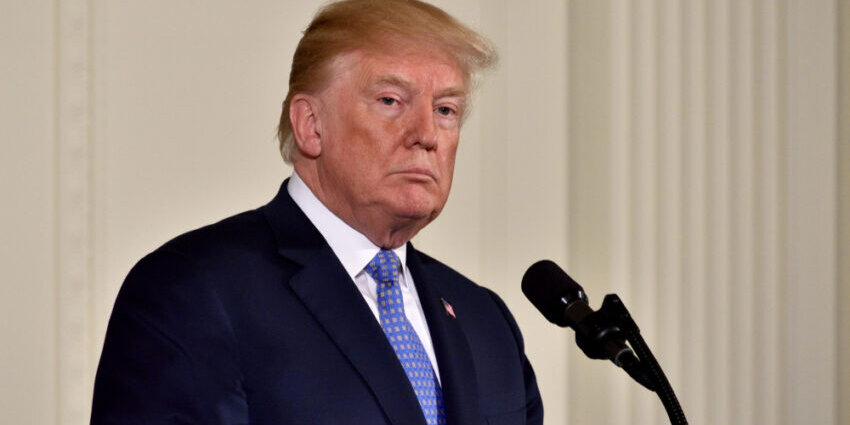Protectionist trade policies, such as those proposed by Donald Trump, may inadvertently harm U.S. manufacturing firms by increasing input costs, leading to reduced investment, according to a study from the Frankfurt School of Finance & Management.
With tariffs central to Trump’s economic vision, manufacturers may face higher costs on imported goods if he is re-elected, a move that researchers suggest could discourage sector-wide investment. The study, led by Associate Professors Thorsten Martin and Clemens Otto, found that a 10% decrease in tariffs on upstream manufacturing inputs can lead to a 4-6% rise in investment by U.S. firms using these goods in production.
The research focused on the effects of tariff changes on raw materials and key inputs, including steel and aluminium, essential across many manufacturing sectors. By analysing historical import data and investment patterns, the study revealed that reduced input costs stimulate investment, boosting profitability, productivity, and employment across the manufacturing industry.
“Protectionist policies like tariffs can seem beneficial in protecting domestic industries from foreign competition in the short term, but they often backfire by raising costs on essential production inputs,” Professor Martin explained. Higher tariffs on raw materials and standardized products ultimately harm U.S. manufacturing by reducing competitiveness, with downstream industries especially vulnerable.
The findings suggest that if the U.S. imposes tariffs on early-stage production materials, as seen in Trump’s tariffs on steel and aluminium, manufacturing investment and sector-wide growth could decline, negatively impacting the broader U.S. economy.











